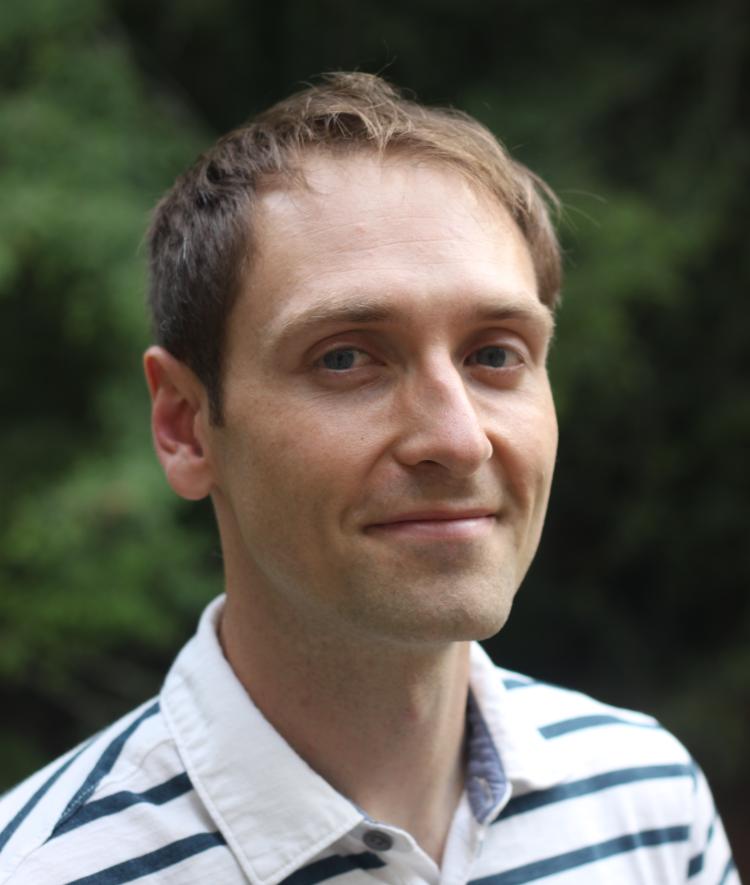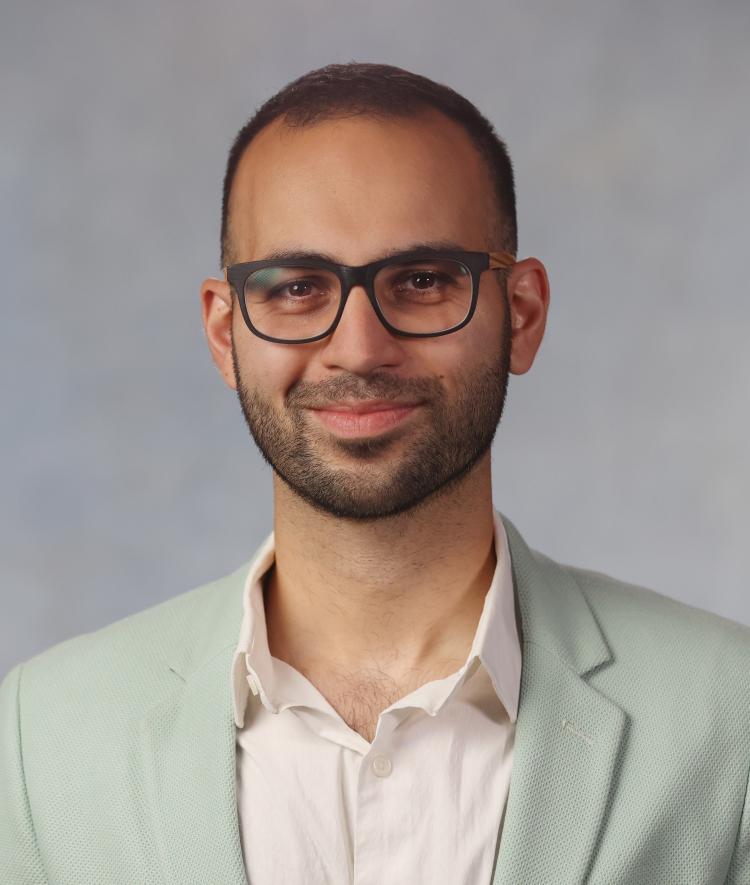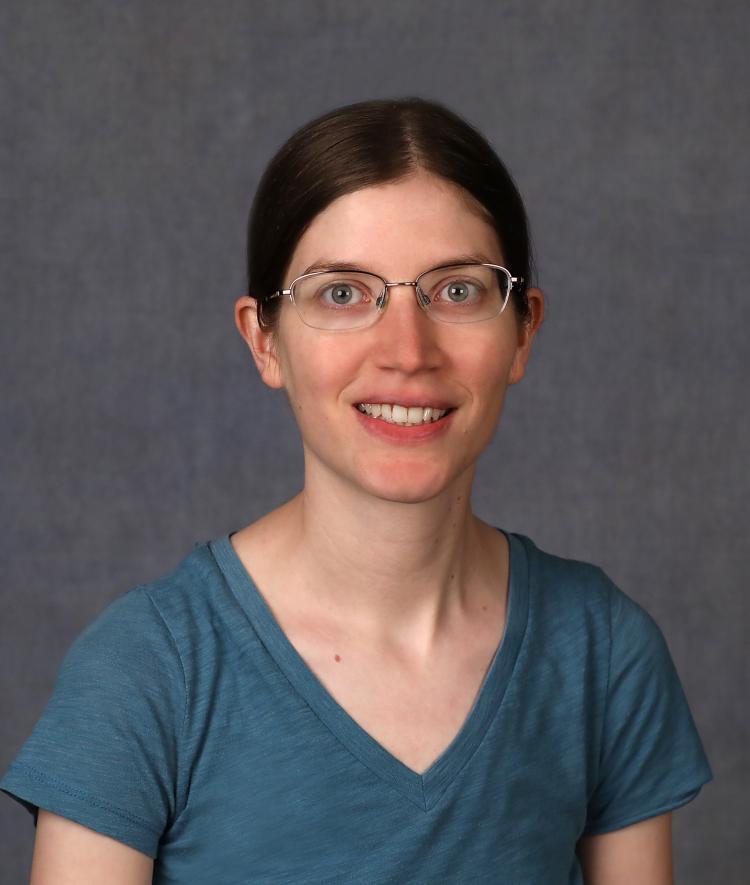
Research
Whether collaborating with faculty or working in small groups, chemistry students have access to an array of research opportunities to experience the process of discovery, master new techniques, and gain an in-depth understanding of specific chemical problems.
Professors not only provide hands-on experience with state-of-the-art equipment but also become trusted advisers offering guidance about academic programs and career paths.
You may take part in research during the academic year and/or over the summer. You may pursue summer research by speaking with a professor by the mid-term of the spring semester.
Most students who participate in summer research receive stipends or scholarships to do so.
Students often co-author with their professors' scientific papers published in journals and presented at regional, national, or international meetings such as those of the American Chemical Society.
Independent Research
Research done during the academic year is taken as an independent study with a particular professor. You should express your interest and discuss your plans with a professor when creating your class schedule for the next semester.

In Prof. Mitch Anstey's inorganic chemistry lab, students study problems in energy storage and activation of small molecules. Recent projects have revolved around redox flow batteries, lithium-air batteries and CO2 sequestration. The main focus of these projects have been on the molecular species that can be used to improve performance, longevity and durability.

In Prof. Bassil El-Zaatari's lab, projects revolve around design of polymer materials for targeted applications including the synthesis of polymer resins with specific material properties, the use of light as a trigger to control the formation of materials, and manipulating polymeric backbone and cross-linking structure to form reprocessable and recyclable plastics and composites.

In Prof. Hanna Key's lab, students explore the interface of biological processes and unsolved problems in synthetic chemistry, work that contributes to the development of new medicine. Projects have focused on engineering transaminases to be effective catalysts for the enatio-, diastereo-, and site-selective synthesis of chiral amines.
Prof. Cindy Hauser's Waterpipe Tobacco Research
Particles within waterpipe tobacco smoke (WTS) have the potential to cause lung damage due to their chemical composition and, similar to particulate matter in the atmosphere, due to their physical presence. In our laboratory, students focus on characterizing the physical and chemical characteristics of WTS in the following ways:
- Identify aspects of waterpipe configuration that impact physical characteristics of WTS particulate and can be regulated, such as the heating source, shisha, pipe height, hose length and hose material.
- Systematically characterize the physical particle profile, including size distribution, number density, surface area and mass, of WTS particulates generated using those configurations identified above and a range of smoking regimes.
- Characterize metals present in waterpipe tobacco smoke using AAS.
- Characterize Semi-Volatile Compounds in the Particulate Component of Waterpipe Tobacco Smoke using GC/MS and LC/MS.
- Characterize the oxygenated organic fraction of waterpipe tobacco smoke using FTIR.
Each project involves a significant amount of method development in sample collection, preparation and analysis.
Prof. Nicole Snyder's Glycoscience Group
Snyder's research group focuses on the preparation and characterization of glycoconjugates that can be used to investigate the role of carbohydrates in a number of biological processes. Our research is highly collaborative, and we work side-by-side with colleagues at Davidson, throughout the United States and internationally.
Active projects in our laboratory include the synthesis of glycoconjugates for understanding tumor metasis and transformation, the synthesis of carbohydrate-based photosensitizers as new classes of theranostics for the diagnosis and treatment of cancer and microbial infections, and the synthesis of carbohydrate constructs for understanding how microorganisms protect themselves from extreme conditions.
Student Spotlight Ellie Mackintosh '21: Research at the Gates Center
After digging into a variety of biology and chemistry classes, Ellie Mackintosh '21 spent the summer after her first year at Davidson doing research at the Gates Center. There, she learned a wide range of research techniques from PCR to gel electrophoresis and necropsies to western blots.